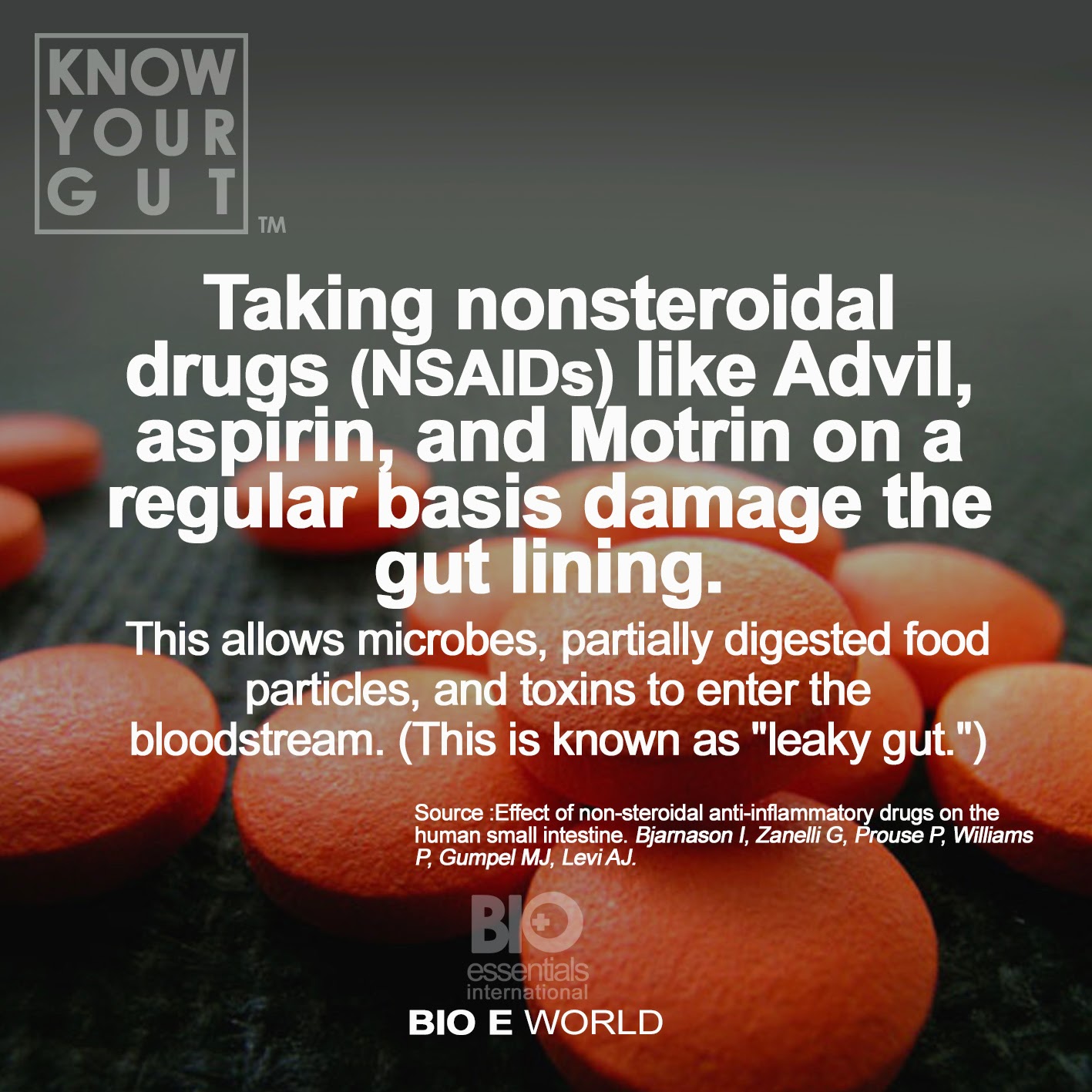The main compounds in antibiotic wipes, creams and soaps -- triclosan and triclocarban -- have been added to chopping boards, refrigerators, plastic lunchboxes, and mattresses in an attempt to halt the spread of microbes. But studies show that these antibiotic chemicals are no more likely than regular soap to prevent gastrointestinal or respiratory illness. In fact, for chronically sick patients, antibiotic soaps were actually associated with increases in the frequencies of fevers, runny noses and coughs. According to Scientific American: "What we do know is that the influence of these wipes and salves does not end with our hands, but instead spreads from them down our drains and out into society. What happens when antibiotic soaps and suds go down drains? To find out, a group of scientists recently made artificial drains clogged with bacteria ... and then subjected them to low and high doses of triclosan ... Triclosan kills 'weak' bacteria but favors the tolerant, among...





